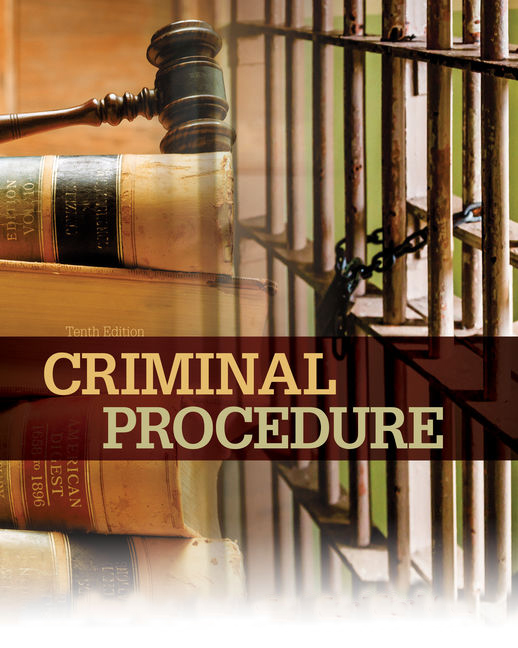Bail denied in the matter of Brutal Assault and Hanging till Death: High Court Of Patna
The accused was arrested for brutally assaulting and hanging the informant’s son to death. In the case, there was a sole witness who confirmed the crime. In light of all facts and circumstances, the court denied the application for bail to the accused. The Hon’ble High Court of Patna before Justice Mr. Madhuresh Prasad in the matter of MD Raju v. The State of Bihar[Criminal Appeal (SJ) No 1703 of 2021].
The Facts of the case were that the appeal was filed under Section 14(A)(2) of Scheduled Castes and Scheduled Tribes Act, 1989 against the refusal of his prayer for regular bail passed by Additional Sessions Judge I in the case registered under Section 147, 148, 149, 341, 323, 302, 506 of Indian Penal Code. The informant’s son was brutally assaulted in his shop and killed by hanging when he asked to pay off the dues from the accused person.
The Appellant submitted that several persons have been implicated by the general and omnibus allegation. The appellant had no criminal antecedent. The informant’s version was not as an eyewitness. There were no other injuries in the post mortem report except strangulation. The independent witness had stated regarding witnessing the assault perpetrated by the accused.
Other petitioner in the same matter were not granted bail and their plea was dismissed by the Court. The Court was inclined to give the similar decision in the current matter as well. The Court relied on the sole witness and post mortem report, and in the light of the facts and circumstances presented by both the sides the Court decided the matter.
The Hon’ble High Court Of Patna held,”… in view of nature of accusation in the First Information Report, and submission of parties, a case for grant of regular bail is not made out. The impugned order dated 23.12.2020 does not require interference by this Court, which is, accordingly, affirmed. The impugned order dated 23.12.2020 passed by Additional Sessions Judge I-cum- Special Judge, SC/ST Act, Purnea in connection with Special (SC/ST) Case No 72 of 2020/CIS No 72 of 2020 arising out of K Hat PS Case No 261 of 2020 is affirmed.” The appeal was dismissed by the High Court and the prayer for bail of the appellant was rejected for the case.
Click Here To Read The Judgment
Judgement Reviewed By Nimisha Dublish





